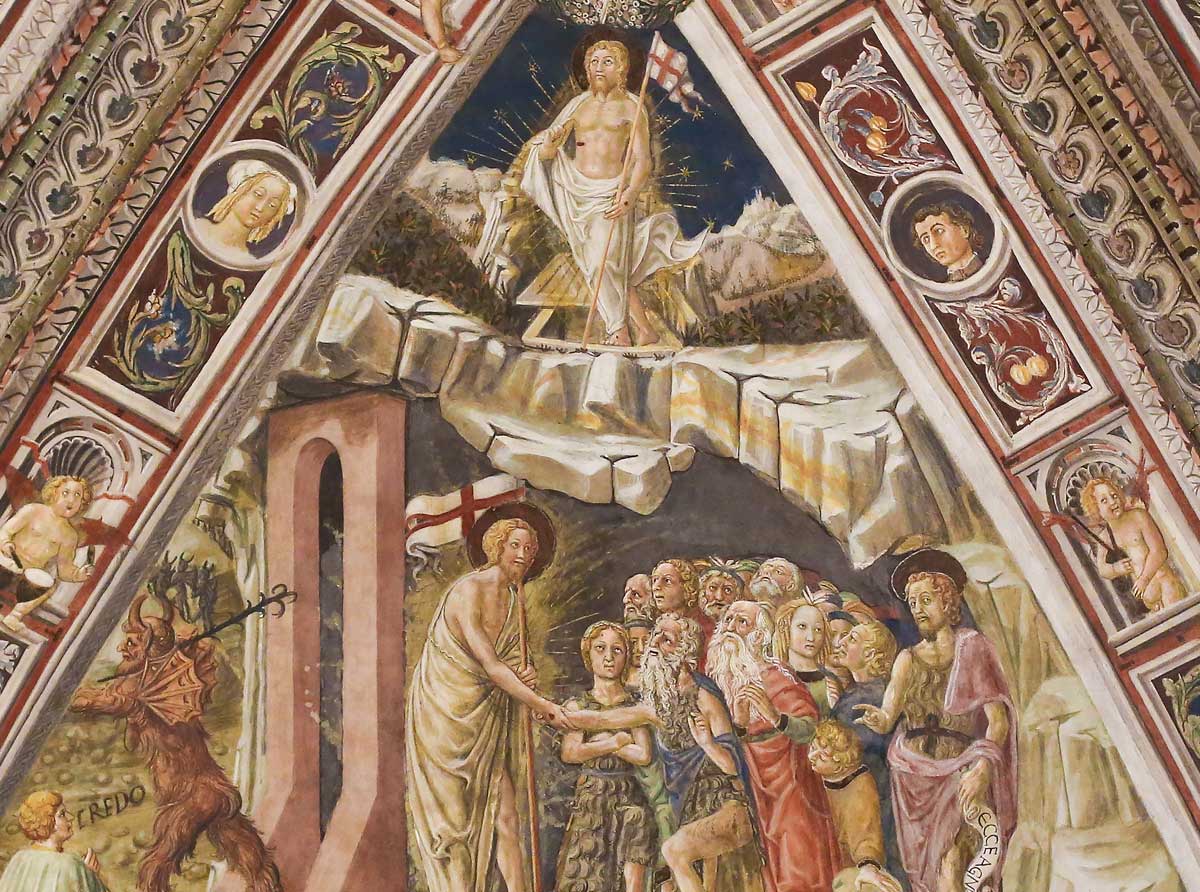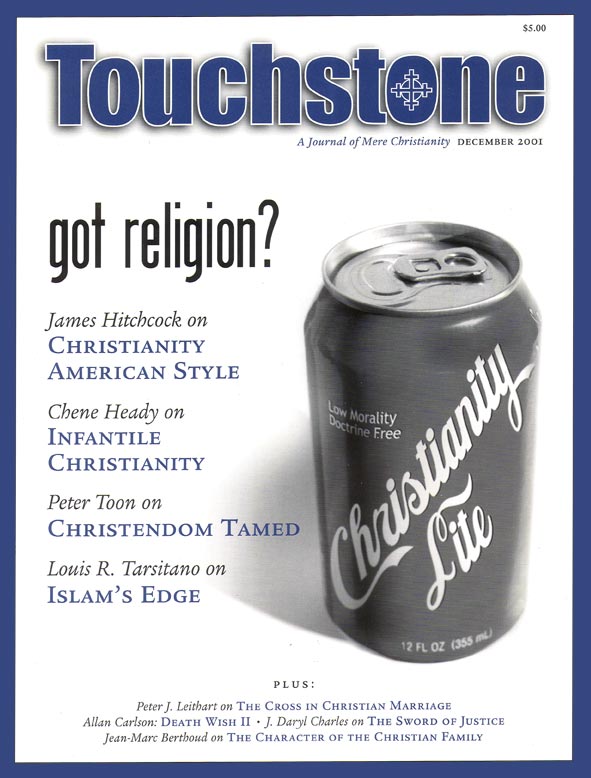As It Is Written . . .
The Journey of the Magi
by Patrick Henry Reardon
Among the notable features proper to the Gospel according to St. Matthew is the way it includes the verb “to adore” (proskyneo) in passages where that verb does not appear in parallel accounts in the other Gospels. Thus, Matthew describes various people falling in adoration before Christ in scenes where they are not said to be doing so in the other Gospel versions of the same stories. These instances include the accounts of the cleansing of the leper (8:2), the petition of Jairus (9:18), the walking on the water (14:33), the prayer of the Canaanite woman (15:25), and the request of Zebedee’s wife for her two sons (20:20). A pronounced emphasis on Christ-ward adoration, then, is a distinguishing characteristic of Matthew’s narrative.
There is, furthermore, a special parallelism between the first and last instances of this verb in Matthew’s composition. These are the two scenes of the coming of the Magi, near the beginning of the Gospel, and the Great Commission to the Church at the very end. In the former of these, the verb proskyneo, “to adore,” is found three times (2:2,8,11), which is Matthew’s highest concentration of that word in a single scene. A literal reading of the Great Commission passage makes it appear that the eleven apostles are actually bowed over in adoration before the risen Jesus at the very time when the Great Commission is given to them (28:9). Thus, not only does Matthew portray various individuals adoring the Lord, but his entire Gospel can be said to begin and to end with that picture in mind.
There is a further important parallelism between the Christmas story of the Magi and the account of Great Commission; namely, the theme of the Church’s universal calling. Whereas Matthew ends his story with the apostles’ being sent forth with the command, “Go therefore and make disciples of all nations . . .” (28:19), he begins his whole account with a kind of foreshadowing of that final mission by the arrival of the Magi, those wise searchers from the East who come to adore the newborn King of Israel. These two passages, then, thus embrace Matthew’s entire story of Jesus.
There is more suggested by the juxtaposition of these parallel texts, however, for the very purpose of the Great Commission is to transform the whole of humanity as the rightful heirs of the Magi. Like the stars themselves, the apostles are sent forth to lead all nations into that path first followed by the wise men from the East.
Indeed, St. Paul compared the apostles to those very heavens that “declare the glory of God,” quoting in their regard the Psalmist’s affirmation that “Their sound has gone out to all the earth, And their words to the ends of the world” (Psalm 18 [19]:4; Romans 10:18). The stars and the apostles proclaim the same universal message, and that message is the gospel.
These Magi have come to the Messiah, moreover, precisely because they are star-watchers. “For we have seen his star in the East,” they affirm, “and have come to adore him” (Matthew 2:2). Likewise, the mission of the apostles is to bring all nations even unto Bethlehem, that “house of the Bread” (for such is the meaning of “Bethlehem”), where all who eat the one loaf are one body in Christ, to join with the Magi in their eternal adoration.
This adoration takes place within the “house,” which is the Church formed by those who break and share the one Bread: “And when they had come into the house, they saw the young Child with Mary his mother, and fell down and adored him” (Matthew 2:11). That is to say, when the Magi entered the house, they found the Mother holding and presenting the Child for the adoration of those who have followed the star into the house of the Bread.
For this reason, it was entirely proper that the apostles, as they were being commissioned for the great work of universal evangelism, should manifest in their very posture the Christ-ward adoration that is the final goal of that evangelism (Matthew 28:9).
Finally, while the Magi were instructed by what they read in those heavens that declare the glory of God, they did not pursue their quest among the stars but upon the earth. They found the answer to their quest, that is to say, in a particular place and at a particular time. They accepted the spatial/temporal, fleshly limitations that God himself assumed. •
Patrick Henry Reardon is pastor emeritus of All Saints Antiochian Orthodox Church in Chicago, Illinois, and the author of numerous books, including, most recently, Out of Step with God: Orthodox Christian Reflections on the Book of Numbers (Ancient Faith Publishing, 2019).
subscription options
Order
Print/Online Subscription

Get six issues (one year) of Touchstone PLUS full online access including pdf downloads for only $39.95. That's only $3.34 per month!
Order
Online Only
Subscription

Get a one-year full-access subscription to the Touchstone online archives for only $19.95. That's only $1.66 per month!
bulk subscriptions
Order Touchstone subscriptions in bulk and save $10 per sub! Each subscription includes 6 issues of Touchstone plus full online access to touchstonemag.com—including archives, videos, and pdf downloads of recent issues for only $29.95 each! Great for churches or study groups.
Transactions will be processed on a secure server.
more from the online archives

14.6—July/August 2001
The Transformed Relics of the Fall
on the Fulfillment of History in Christ by Patrick Henry Reardon
calling all readers
Please Donate
"There are magazines worth reading but few worth saving . . . Touchstone is just such a magazine."
—Alice von Hildebrand
"Here we do not concede one square millimeter of territory to falsehood, folly, contemporary sentimentality, or fashion. We speak the truth, and let God be our judge. . . . Touchstone is the one committedly Christian conservative journal."
—Anthony Esolen, Touchstone senior editor








